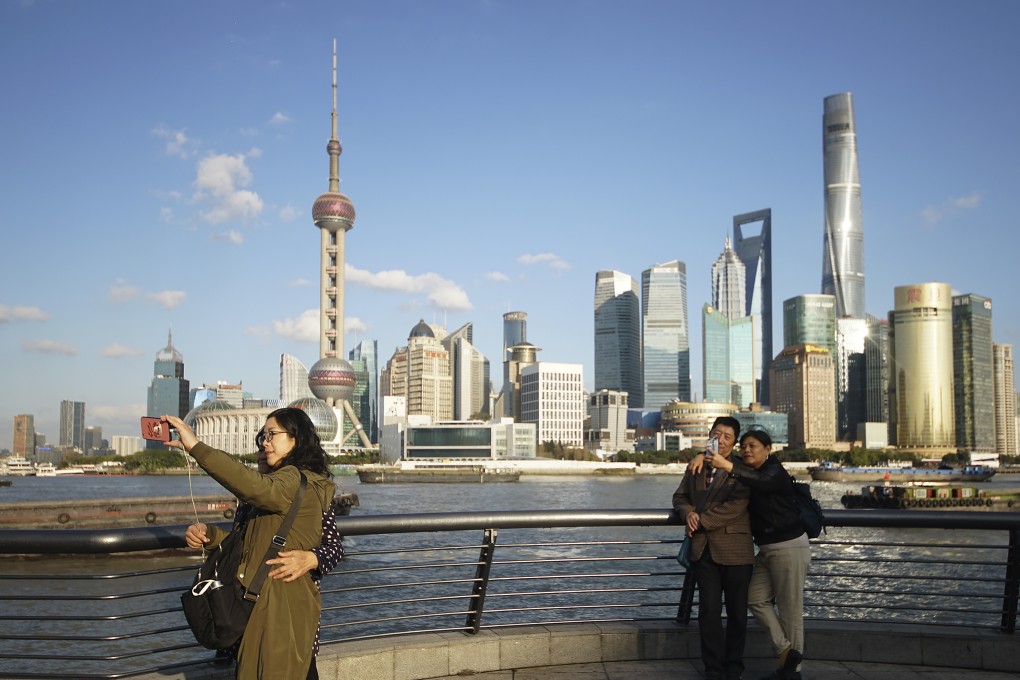Advertisement
Why Joe Biden must resist Donald Trump’s tactic of using China as a bogeyman
- The president’s call for a major infrastructure plan for America should have been made without referencing the China threat
- China’s ways are ill-suited to the US, and such rabble-rousing tactics are double-edged swords
Reading Time:3 minutes
Why you can trust SCMP
68

US President Joe Biden was doing so well on the China front. He reassured allies that Washington is back on their team. He laid down all of the markers clearly for President Xi Jinping (Hong Kong, Xinjiang, Taiwan). He made clear that while cooperation with Beijing is necessary, a return to the failed policy of faith in Beijing’s progression towards being what former US trade representative Robert Zoellick called a “responsible stakeholder” isn’t an option.
Every statement signalled a departure from what went so wrong on this front under Donald Trump. No more of the baffling approach of apocalyptic warnings about Beijing’s intentions to subvert everything that is American and a severing of diplomatic channels, while the commander-in-chief couldn’t resist lavishing praise on Xi.
Biden’s articulation of his strategy with regard to China allowed US policymakers guided by realism to breathe out four years’ worth of angst.
Advertisement
But last week we saw the first instance of the new US leader resorting to a troubling tactic used by politicians in both parties when it comes to China, and which became a hallmark of the previous administration. “China is going to eat our lunch” if America doesn’t get started on a major infrastructure initiative, Biden said, connecting the threat of a rising China to what is primarily a domestic political agenda.

01:50
Joe Biden says China will ‘eat our lunch’ on infrastructure
Joe Biden says China will ‘eat our lunch’ on infrastructure
China has been eating more than America’s lunch for years now. It’s been dining out lavishly for breakfast, lunch and dinner for years on the proceeds of technologies that foreign companies turned over to Chinese partners in exchange for access to the country’s domestic market. And then Beijing launched its “Made in China 2025” plan to supplant as many foreign players as possible, especially in the markets of the future.
Advertisement
Advertisement
Select Voice
Select Speed
1.00x
